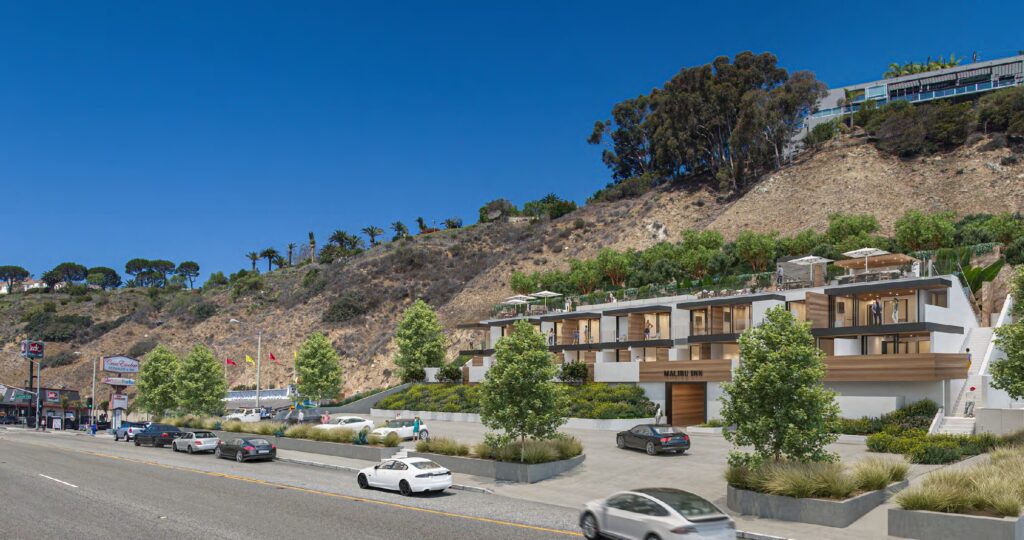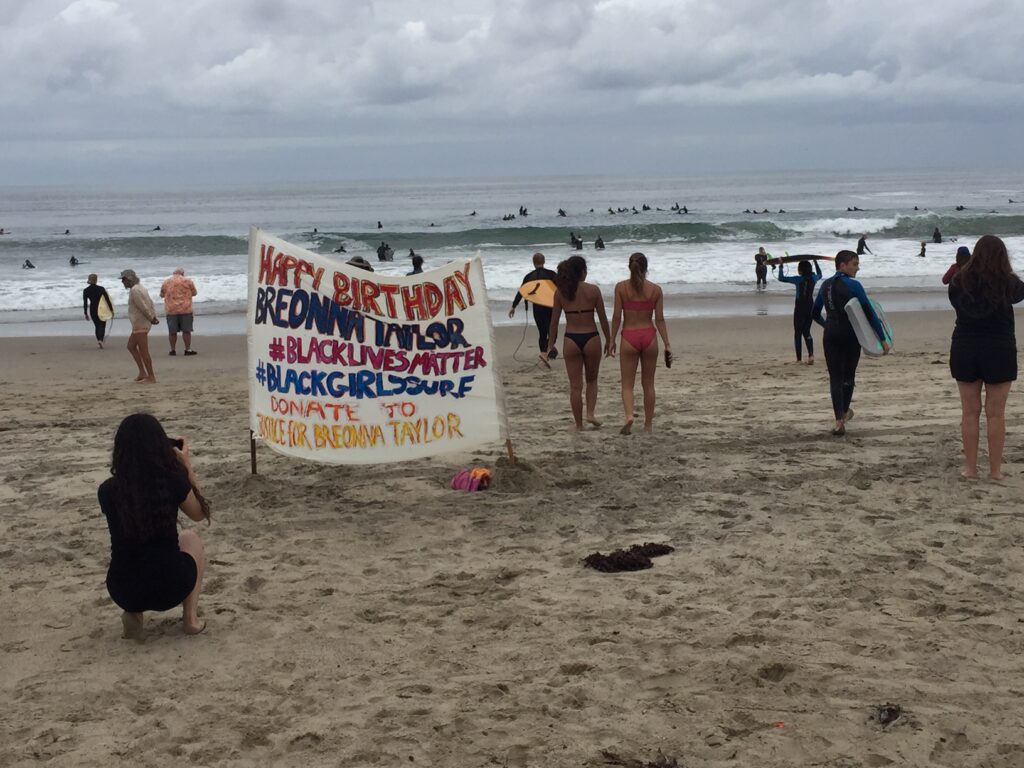MRCA Plans End Run Around Malibu City Hall To Open 7 Beach Accessways
Written by 991KBU on December 12, 2019
The MRCA has filed plans to reconstruct 10 existing beach accessways, and build seven new ones, in Malibu.
The proposal is structured to bypass the City of Malibu, and will be sent instead to the California Coastal Commission for permits.
But the city says the plan must come through the city council for a Coastal Development Permit. About 10 years ago, the MRCA tried a similar end run around the city but lost in court.
“If the project is within the city they have CEQA obligations to consult with the city and it will likely need a CDP,” said assistant city attorney, Trevor Rusin, in an interview tonight (Thursday).
The MRCA is the Mountain Recreation and Conservation Authority, the same body appointed by two parks districts in Simi Valley and Thousand Oaks. MRCA’s co-sponsor is the Coastal Conservancy, another appointed body.
Neither agency has any voting representation from Malibu.
According to the report, the new beach accessways would be built primarily on private land where the owner was forced to dedicate a “vertical easement”between PCH and the water in order to get a Coastal Development Permit.
The seven new accessways would be at:
-
19016 & 19020 Pacific Coast Highway, Las Tunas Beach;
-
Between 19620 and 19562 Pacific Coast Highway, Las Tunas Beach;
-
Between two houses at 21554 Pacific Coast Highway, La Costa Beach;
-
Santa Monica Mountains Conservancy property, between 21746 and 21660 Pacific Coast Highway, Carbon-La Costa Beach;
-
27348 & 27400 Pacific Coast Highway, Escondido Beach;
-
27700 Pacific Coast Highway, between Escondido Beach and Paradise Cove.
-
27910 & 27920 Pacific Coast Highway, between Escondido Beach and Paradise Cove.
Buried deep in the report, the MRCA discloses that the proposed public accessways “are not anticipated to be built all at once, but rather as funding becomes available.”
But nevertheless. the CEQA study predicts that “the project could have a potential significant impact on the environment,” such as causing additional PCH traffic and parking pressures, the MRCA said in a document released Thursday.
Under the California Environmental Quality Act (CEQA), the agency has to prepare an initial evaluation of the project. MRCA’s Initial Statement found that the new gates could
-
impact traffic on the Pacific Coast Highway.
-
degrade the overall quality of the environment,
-
substantially reduce the habitat of a fish or wildlife species,
-
cause a fish or wildlife population to drop below self-sustaining levels, threaten to eliminate a plant or animal community, and
-
substantially reduce the number or restrict the range of a rare or endangered plant or animal or eliminate important examples of the major periods of California history or prehistory.
The CEQA study also found that the planned beach accessways might have a substantial adverse effect on riparian habitat in state or federally protected wetlands and might interfere substantially with the movement of native resident or migratory fish or wildlife species.
One gate might require construction that would endanger a tree that is protected under the city’s native tree ordinance.
As written, the plan’s lead agency would be the MRCA and Coastal Conservancy, with approval only by the Coastal Commission.
No mention of consulting with the city, or seeking Coastal Development Permits, is mentioned in the 120-page Initial Statement from the MRCA.
State courts have ruled that the legal vehicle used by the MRCA to get around the city, called a CEQA Public Works Project, cannot be used to bypass a city that has a Local Coastal Program certified by the Coastal Commission, such as Malibu.


